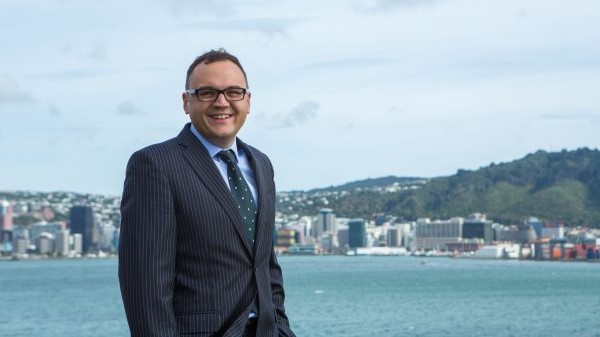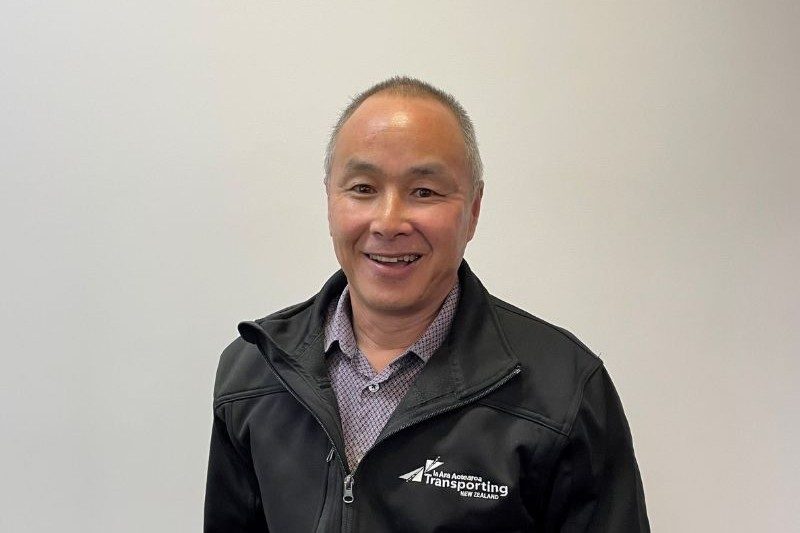Reshaping Streets more forced behavioural change

It is pretty disturbing to go along to events with senior bureaucrats who, when asked about the key objective of their role, respond with a statement such as “influencing behavioural change”. In my mind, there is nothing scarier than public officials motivated by behaviour change because it is an admission that rather than working for what the public wants, they are working against it in many respects.
The Reshaping Streets proposal from Waka Kotahi is a classic case of policy driven by a desire to change how people live their lives. In this instance, it is to re-design urban streets and communities based on an ideologically motivated vision for the future.
Broadly, Reshaping Streets is about giving local authorities (RCAs) power to make street changes that support greater use of public transport, active travel and place-making. Place-making being “the process of creating quality places that people want to live, work, play and learn in. For example, creating streetscapes with public seating, trees, and art can make urban spaces nicer to be in and help to develop a shared sense of place.”
Never mind that roads are the lifeblood of New Zealand’s economy, with 93% of freight and most private travel being carried out on them. Proposals such as Reshaping Streets that work to impede vehicle traffic and prioritise alternative transport rarely consider the needs of trucks and their operators and never actually look to improve freight connections.
As freight operators know, the first and last kilometres are the most important and often the most difficult. Reducing the ability for freight operators to access urban streets and deliver to businesses, retailers and consumers is nonsensical when it comes to creating attractive, vibrant streets and communities.
Disappointingly, trucking operators aren’t even identified as key stakeholders in the proposal, which says something about the lack of understanding of the role of road transport in our economy and to our communities. It’s like Waka Kotahi forgot freight movement on roads even exists.
Transporting New Zealand’s submission on the proposal also expresses concern at the agency’s plan to use two-year pilots as a form of consultation. This is a cynical ploy to side-step proper community consultation because public opposition to these kinds of proposals (that very few people want) has often stopped this kind of forced behavioural change from proceeding. In contrast, pilots enable RCAs to proceed with unpopular, experimental and technocratic proposals, knowing that communities are likely to become numb to any negative impacts during the pilot period.
A two-year pilot like that proposed is effectively a semi-permanent roading change that railroads community opposition without providing adequate accountability. There will inevitably also be significant costs to reverting a street to its pre-pilot use, making it more likely that communities will be stuck with unpopular changes.
Considering the obsession that government has with reducing emissions, it seems strange that Reshaping Streets pilots will include vehicle restrictions, traffic calming (how patronising is that term?) and ‘modal filters’. These will all contribute to traffic congestion, increased idling, less fuel-efficient driving and increased vehicle emissions.
The impact on local community businesses must also be considered. Removing parking, introducing modal filters and restricting private and commercial vehicles could force local businesses to close, severely impact freight mobility and impede accessibility for those who cannot access alternative modes of transport. It is also unfair to expect community members to effectively weigh the functionality of the original road use against two years of piloted change.
Sanctioning New Zealand’s 78 local councils to introduce a patchwork of experimental long-term pilots that unduly impede vehicle traffic is not a coherent way to develop a sustainable roading network. Instead of focusing on lower speed limits and social engineering initiatives to change our behaviour, perhaps Waka Kotahi and RCAs should focus on the basics of their job? That is, repair our roads, fix the potholes and invest in new infrastructure that is safer and more efficient for all transport users.
Finally, let me wish all New Zealand Trucking readers a great Christmas and New Year. It has been another incredibly difficult year for our industry, and there may still be some pretty tough times ahead. Throughout this year, I have constantly been impressed by the resilience shown by transport-sector businesses. If the pandemic had one silver lining, it was that at least now there is a wee bit more public appreciation for just how important the transport sector is.
Next year’s challenges will be significant as rising costs really begin to bite, but I know that the men and women at the heart of this industry will continue to lead the way and keep the country’s freight moving.



